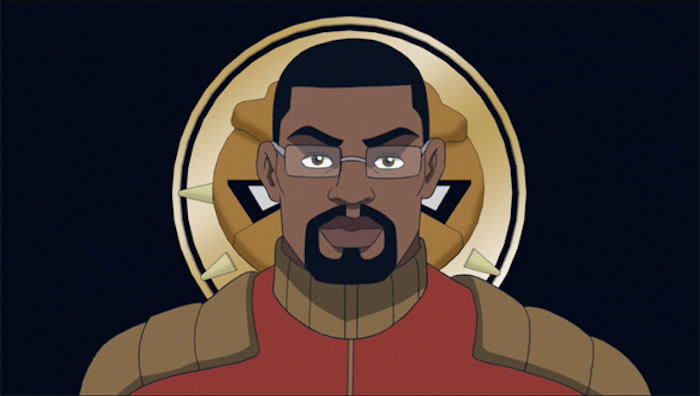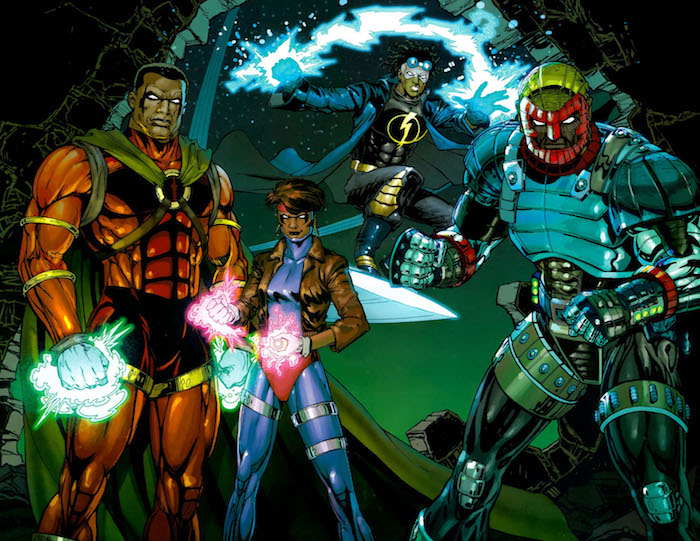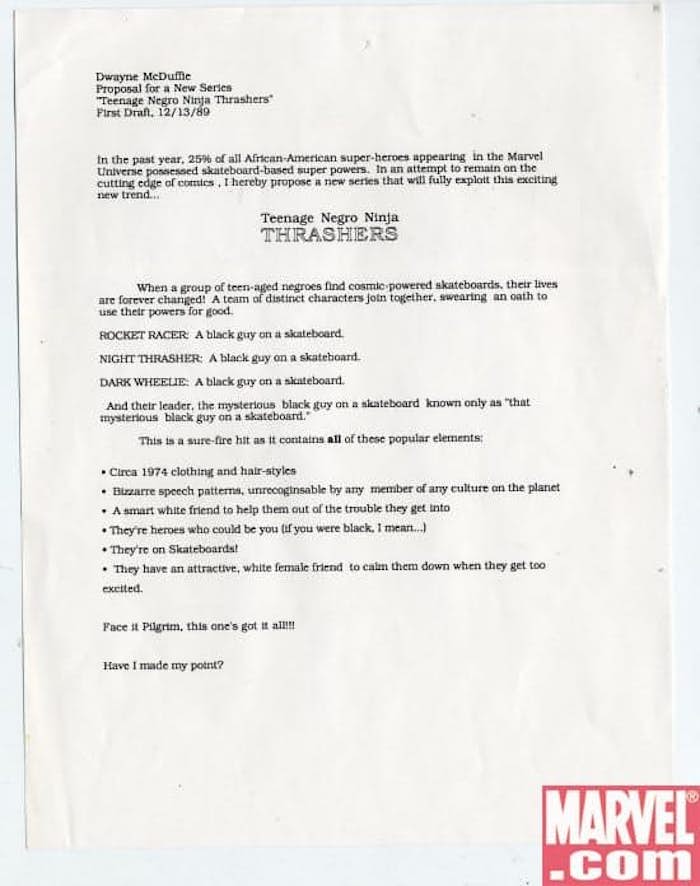Dwayne McDuffie And Milestone Media’s Impact On The Superhero Genre
The comic book business has changed drastically over the last few decades, especially on the creative side. There is more representation in the panels and, subsequently, on the small and silver screens than there ever have been more. On the other side of that same token, the faces of the people who write, draw, and color these characters to life every month are also changing. Although it’s taken much longer than it should’ve, and there are still miles yet to come in terms of black, brown, asian, and women creators of all different kinds of sexual identities being given their just due in the industry.
In every story of change, there are trailblazers who, along the way, open doors, change precedent, and leave them cracked for the next person to come through. Milestone Media was without a doubt, one of the most significant groups of those trailblazers in the comic book and animation mediums. Founded by Dwayne McDuffie, Denys Cowan, Derek Dingle, and Michael Davis in 1993, Milestone made history, in a deal with DC Comics that was unheard of, especially for black companies.
McDuffie and crew signed a publishing deal that gave DC the right to limited license of the characters, editorial works, and other creative content that came out of Milestone. But the company retained complete editorial control as well as the copyrights. Milestone had the last say on all merchandising and licensing in regards to the properties they created. It’s been noted that DC Comics officials were often uncomfortable with Milestone’s storyline arcs in their books, but because of the deal they signed, and the accomplishments of the company’s founders in the comic book mainstream, almost all of the issues they wrote saw the light of day, and sold just many books, or more, than every black comic company releasing content at the time, combined.
But McDuffie and his partner’s journey doesn’t start at Milestone Comics. His very first gig in the business was as an assistant editor at Marvel Comics, under Bob Budiansky for special projects. And one of the projects that began his comic book career was helping the company develop the first superhero trading cards. From there McDuffie went on to become an editor at Marvel in his own right, but he and his employer didn’t always see eye to eye – and he had a very unique way of making his disagreement with them known. To bring light internally to his feelings about Marvel’s treatment of black characters at that time, McDuffie submitted a spoof proposal comic, named Teenage Negro Ninja Thrashers.
After leaving Marvel to freelance for a few years at places like DC and Archie Comics, Milestone would be born. The company’s focus on creating characters of color that were accurately represented from a cultural perspective was definitely not a main focus for many other mainstream publishers at the time. And from the creative collective of founders came titles that are still cemented in the zeitgeist of comic book history like a young Virgil Hawkins in Static, and the African American answer to Superman, Icon. For the very first time there was an abundance of issues on the shelves of comic book shops all across America featuring black characters, thanks to distribution from DC Comics.
There were other black companies at the time Milestone was in its heyday, but because of the lack of funding many of them couldn’t move past getting their local mom and pop shops. And the concept of e-commerce wasn’t big enough yet to be of use. Books like these would go on to shape young comic book readers of color in a way that was transformative. It’s safe to say that without mainstream access to Milestone Comics there could easily still be, even more of, a living perception that black creators have no place in big industry comic books to tell our stories.
Although the most active years of Milestone Media were short lived, the company closed its comic book division in 1997, its impact was indelible. Many creators and readers of color site one, or more, of the company’s comic book properties as an inspiration, in one way or another. McDuffie would go on to develop Static into the critically acclaimed animated series Static Shock. And that character, as well as Icon, would become widely accepted as an integral part of canon within the DC Comics Justice League universe. He also made huge contributions to other wildly successful animated childhood staples like Teen Titans, What’s New Scooby-Doo?, Justice League, and Ben 10.
The legend, Dwayne McDuffie passed away back in 2011, on February 21st, one day after his 49th birthday, due to complications from emergency heart surgery. And he left us a legacy of imagination that helped birth an awareness, in the industry he loved most that still informs creators all over the world today.



